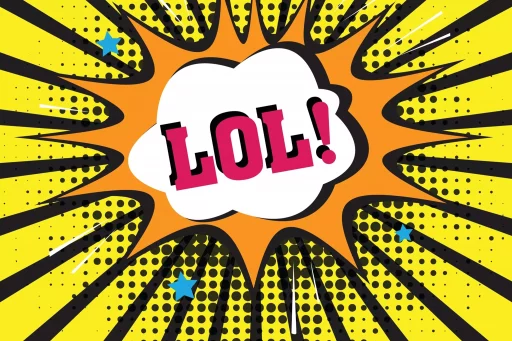Introduction to Chile’s Vibrant Slang Culture
Chile, a nation known for its breathtaking landscapes and rich history, boasts a linguistic culture as colorful as its scenery. At the heart of this culture is the distinct use of Chilean slang, or ‘chilenismos.’ From casual banter to colloquial expressions, these terms reflect the country’s unique identity and social nuances. In this article, we’ll explore what chilenismos are, their origins, examples, and their impact on the Chilean society.
What Are Chilenismos?
Chilenismos are words or phrases that are uniquely used in Chile and may not be easily understood by Spanish speakers from other countries. These terms often reflect local customs, cultural references, and even humor. The incorporation of indigenous languages, English, and even the influence of historical events contribute to the richness of Chilean slang.
Origins and Influences of Chilean Slang
The evolution of Chilean slang can be traced back to a combination of influences:
- Indigenous Languages: Languages such as Mapudungun and Quechua have contributed significantly to the vernacular.
- Colonial History: The Spanish conquest brought about a mix of cultures and languages.
- Social Changes: Modern interactions and media influence, especially from other Latin American countries and the United States.
Popular Chilenismos: Examples and Their Meanings
Understanding chilenismos requires delving into specific examples, showcasing their use and meaning:
- Po (or poh): A common affirmation that adds emphasis, similar to saying “of course!”
- Lucas: Refers to money, derived from the old Chilean currency.
- La raja: Literally translates to “the bottom,” but is used to describe something that’s really cool or awesome.
- Cabro/Cabra: Informally used to refer to a young boy or girl, but can also mean “dude” or “girl.”
Case Study: The Popularity of ‘Poh’
The term “po” has become emblematic of Chilean culture. Its use can be seen across various platforms, from social media to popular music. In 2020, Chilean artist Mon Laferte used the term in her hit song, which not only brought attention to the word but also sparked discussions about its significance in everyday conversations. Its informal and inclusive nature exemplifies how an expression can bind people within a culture.
Impact of Chilenismos on Communication and Identity
Chilenismos play a crucial role in building a sense of identity among Chileans. Using local slang fosters belonging and camaraderie. A 2019 study by the University of Santiago indicated that 85% of Chileans feel more connected to their culture when using slang in their communication. The adaptability of these slangs facilitates a dynamic form of expression, allowing the youth to incorporate and modify terms swiftly, reflecting current trends.
Chilean Slang in the Digital Age
Social media platforms have become significant outlets for the spread and adaptation of chilenismos. For instance, terms such as “cachai” (do you understand?) and “weon” (guy or dude) have been popularized through memes, TikTok videos, and Twitter interactions. In recent surveys, over 90% of Chilean teens reported using these slangs in their daily online communication.
The Future of Chilenismos
The longevity of chilenismos might be at risk due to globalization and the homogenization of language. However, many Chileans remain committed to preserving their unique linguistic heritage. Initiatives in education and cultural exchanges aim to promote understanding and appreciation of local slang. There is a growing movement to document and teach chilenismos, ensuring that future generations carry on this colorful linguistic tradition.
Conclusion
Chilean slang is more than just words—it’s a reflection of Chilean identity, history, and culture. Chilenismos encapsulate the spirit of the people, blending traditional influences with modern contexts. As Chile moves forward, the preservation and appreciation of its slang will remain vital to maintaining its unique cultural landscape.






